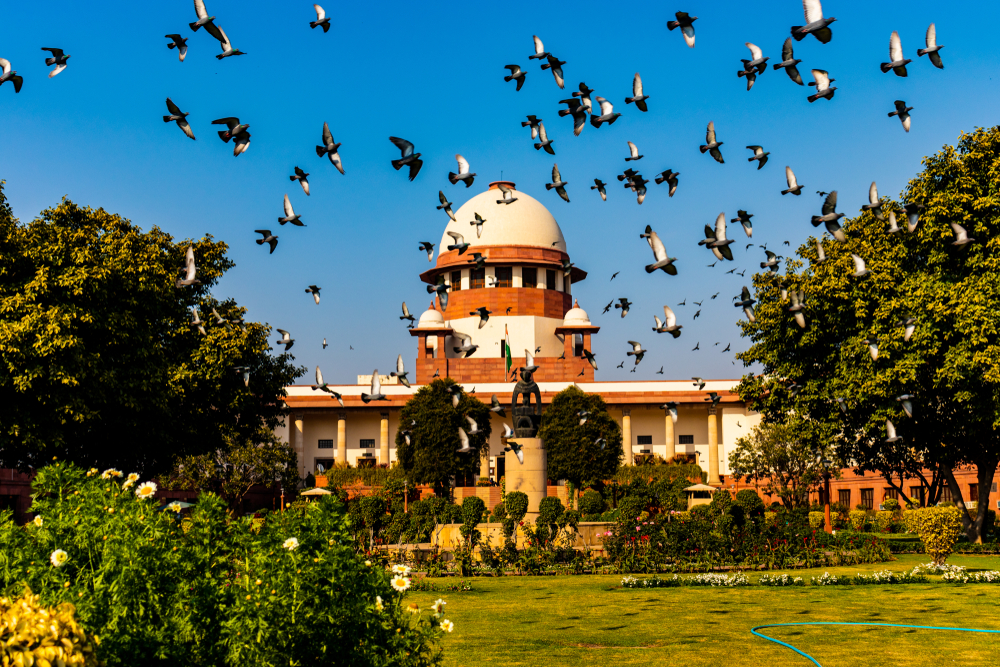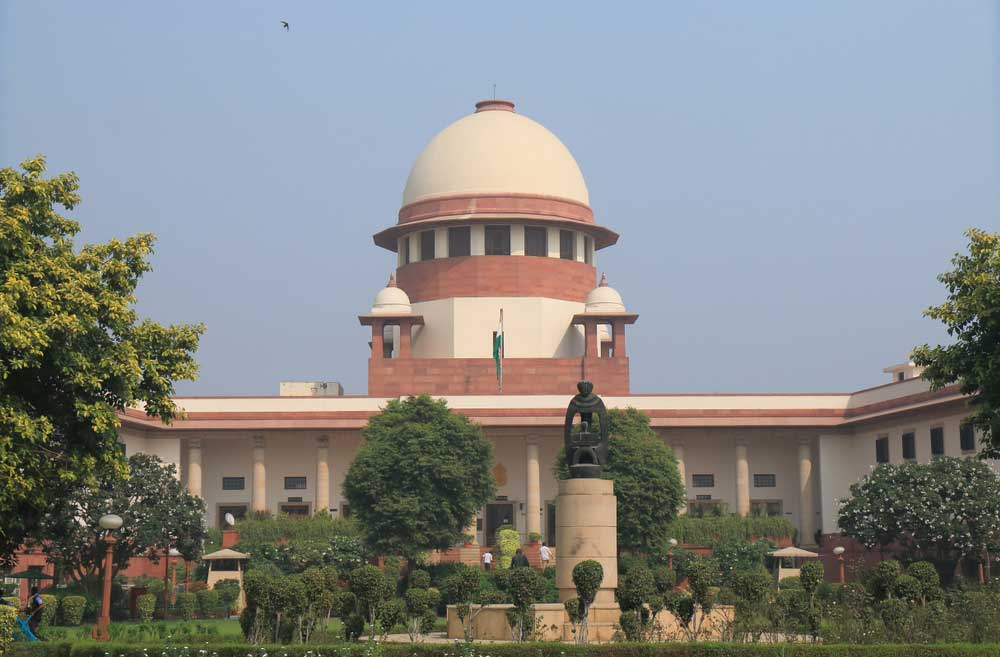The Ayodhya dispute hearings are over at last, with the Supreme Court’s verdict expected by November 17. The difficult history of the multiple claims was enough to prolong the matter in court, especially in a system that is itself afflicted with delays. Yet the regularity with which the hearings were conducted in the Supreme Court once they began must be lauded. This stands out in stark contrast to the progress of the inquiry into the demolition of the Babri Masjid on December 6, 1992. It may be useful to mention here that the Ayodhya dispute is at basis a title deed issue, with contesting claims on 2.77 acres of land. It is the value attributed to the land and the fact that the Babri Masjid was demolished there with the view to building a Ram Mandir that invests the title deed case with religious, cultural, constitutional and national importance. But the Babri Masjid demolition in itself is a matter of a very different sort. It is a recorded violation on many levels: a deliberate, unprovoked and coordinated destruction of an edifice, traditionally used for worship by more than one community as also a collective and provocative act of violence that would be expected to incite further violence. It would have been expected of any administration that this act would be speedily investigated and a chargesheet prepared so that the guilty could be brought to justice. In April 2017, the Supreme Court ordered the Central Bureau of Investigation to complete hearings at the sessions court without interval within two years. Such an order would suggest that the delay in the case — the Liberhan Commission submitted its report 17 years after the event, but that, too, was in 2009 — was not acceptable even by the lackadaisical pace of court cases in India.
The messy course of the Babri Masjid demolition case displays a lack of political will to deliver justice. Although, as the Supreme Court pointed out, the core issue is one, the Uttar Pradesh government and the CBI seemed unwilling to merge the two initial first information reports, one against unknown kar sevaks for the actual destruction, and the other against named politicians, including L.K. Advani, for conspiracy. Convoluted courses for each case helped in the delay, while those named for conspiracy could be freed on bail. The tainting of justice by politics that the delay suggests is dangerous for the polity. Is the administration welcoming this danger?











